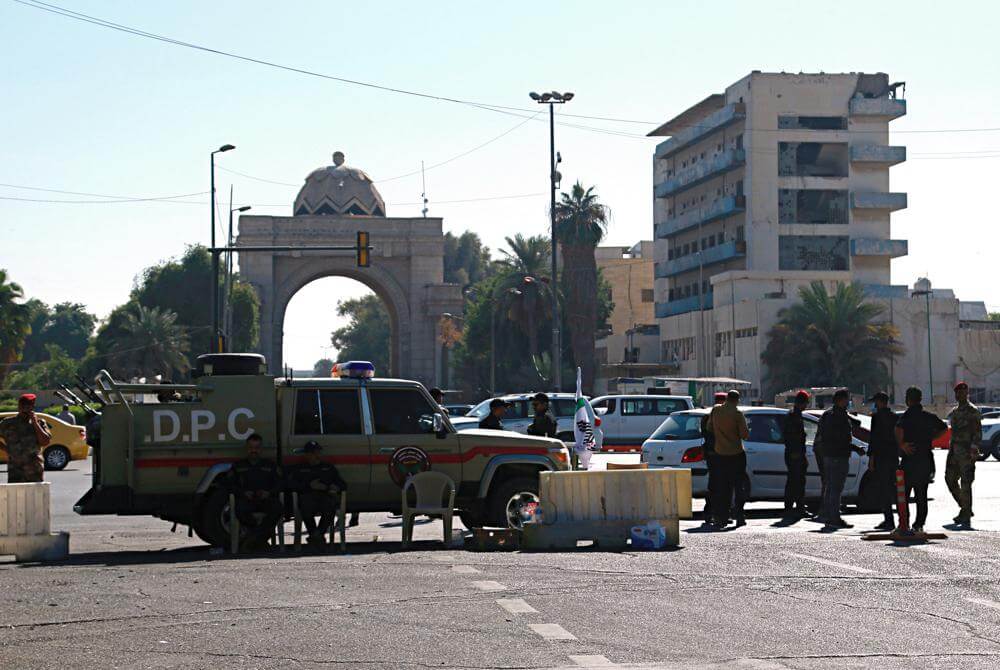Iran likely did not order the drone attack on Iraqi Prime Minister (PM) Mustafa al-Kadhimi earlier this month, current and former United States (US) officials told NBC News on Saturday. The comments indicate that the Iran-backed Shia militias in Iraq carried out the failed assassination attempt on their own accord.
“I would be very surprised if Iran ordered a drone strike on Kadhimi. Iran does not want to see a completely destabilised Iraq,” Douglas Silliman, the former US ambassador to Iraq told the news channel. Noting that assassinating Kadhimi would not be in Tehran’s strategic interests, Silliman said that Iran prefers “an Iraq that is off-balance enough that they can have significant influence” in the political and economic spheres.
Moreover, Silliman noted that the US’ assassination of ex-Iranian Quds Force chief Qassem Soleimani and Abu Mahdi al-Muhandis, the commander of the pro-Iranian militias in Iraq, last year dealt a severe blow to Iran’s control over the militias. He added that the current Quds Force chief, Esmail Qaani, exerts less influence than Soleimani and has very little experience with Iraqi militias.
Also Read: Iran Will Maintain its Clout in Iraq Despite its Allies’ Setback in the Election
Echoing these sentiments, an unnamed senior defence official told NBC that “Iran does not have as much control over these groups” since Soleimani’s death.
Silliman also said that the absence of Soleimani and Muhandis has led to a power struggle among the militias. Norm Roule, a former CIA official, said that this struggle could lead to greater competition among the militias and more violence between them. This means that Iran is likely to “reduce support for some in favour of others,” thereby increasing the rift not only between the militias but also with Tehran.
However, Roule noted that while Iran may not have ordered the strike on Kadhimi, Tehran had “created, trained, sustained, and guides the groups most likely behind this attack.” He added that for this reason “Iran bears some responsibility” for the failed assassination attempt on Kadhimi.
On November 7, explosive-laden drones targeted the residence of the Iraqi PM, who escaped the attack unhurt. While no organisation has claimed responsibility for the strikes so far, the attack is widely believed to be perpetrated by Iran-backed groups in the country after their poor performance in last month’s parliamentary election.
Several Iraqi military officials cast the blame on pro-Iranian Shia militias immediately after the attacks. Officials also told Reuters that Tehran had knowledge about the attack before it was carried out but did not order the strike. They blamed two pro-Iranian militias—Kataib Hezbollah and Asaib Ahl al-Haq—for planning and carrying out the strikes.
However, Kataib Hezbollah has denied any role in the attack on the PM and called such suggestions not true.
Iran also condemned the attack on Kadhimi and called for “vigilance” by all sides against incidents targeting Iraq’s security. Moreover, Quds Force chief Esmail Qaani visited Baghdad and met with Kadhimi and Iraqi Present Barham Salih immediately following the attack. He called on all groups to protect Iraq’s “stability and unity” and “avert actions which threaten the stability of Iraq.”

